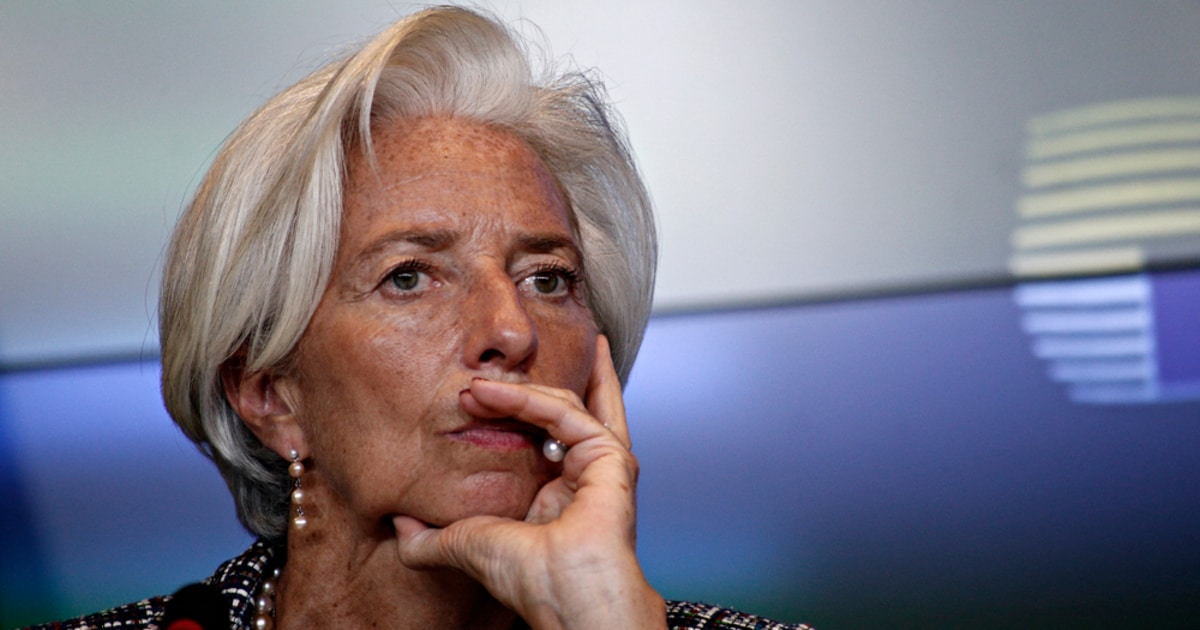Bitcoin Will Not Likely Be Held by Central Banks in the Future, Says ECB President Christine Lagarde
Christine Lagarde, the President of the European Central Bank said that it was “very unlikely” that central banks would hold Bitcoin. During a conference call hosted by The Economist, Lagarde said: "It's very unlikely - I would say it's out of the question."

The European Central Bank President does not regard Bitcoin to be a real currency and revealed that central banks would not be holding it as reserve currency anytime soon.
Lagarde, however, noted that central banks are embracing and considering the issuance of central bank digital currencies, thanks to the coronavirus pandemic that has pushed economies toward faster adoption of digital innovation. She revealed that the European Central Bank is poised to launch a digital euro currency within the next four years.
Her comments came as part of a wide range of discussions about economic recovery as the globe slowly recovers from the COVID-19 pandemic.
Lagarde has been enthusiastic about a central bank digital currency (CBDC). In the past, the European Central Bank President stated that a digital euro currency could be vital and could lead to the creation of new jobs. The European central bank has been heavily doing research on a CBDC and is planning on presenting its findings to the public for feedback.
Questioning the Role of Bitcoin
While Lagarde has been skeptical of Bitcoin, she has been publicly endorsing and promoting CBDC. She previously stated that a CBDC should complement, but not replace traditional cash. She even said that a central bank digital currency could “provide an alternative to private digital currencies” like Ether and Bitcoin.
Her criticisms toward Bitcoin seem to have taken a new shape. In December last year, Lagarde stated that private cryptocurrencies “posed risks” and added that Bitcoin did not “fulfill all the functions of money.” She also stated that private stablecoins also pose serious risks.
Recently, last month, she called for more regulations on Bitcoin, stating that the digital currency has been utilized for some “funny business” such as money laundering.
Image source: Shutterstock







